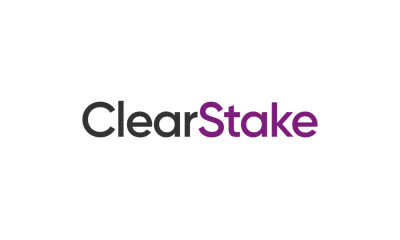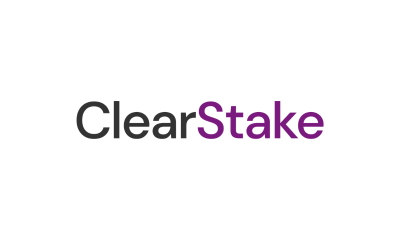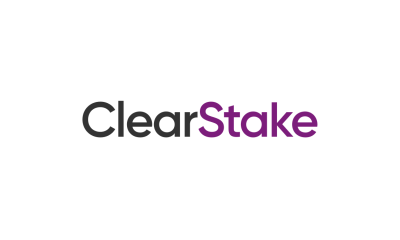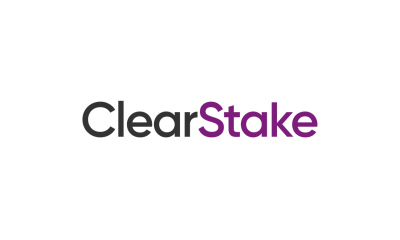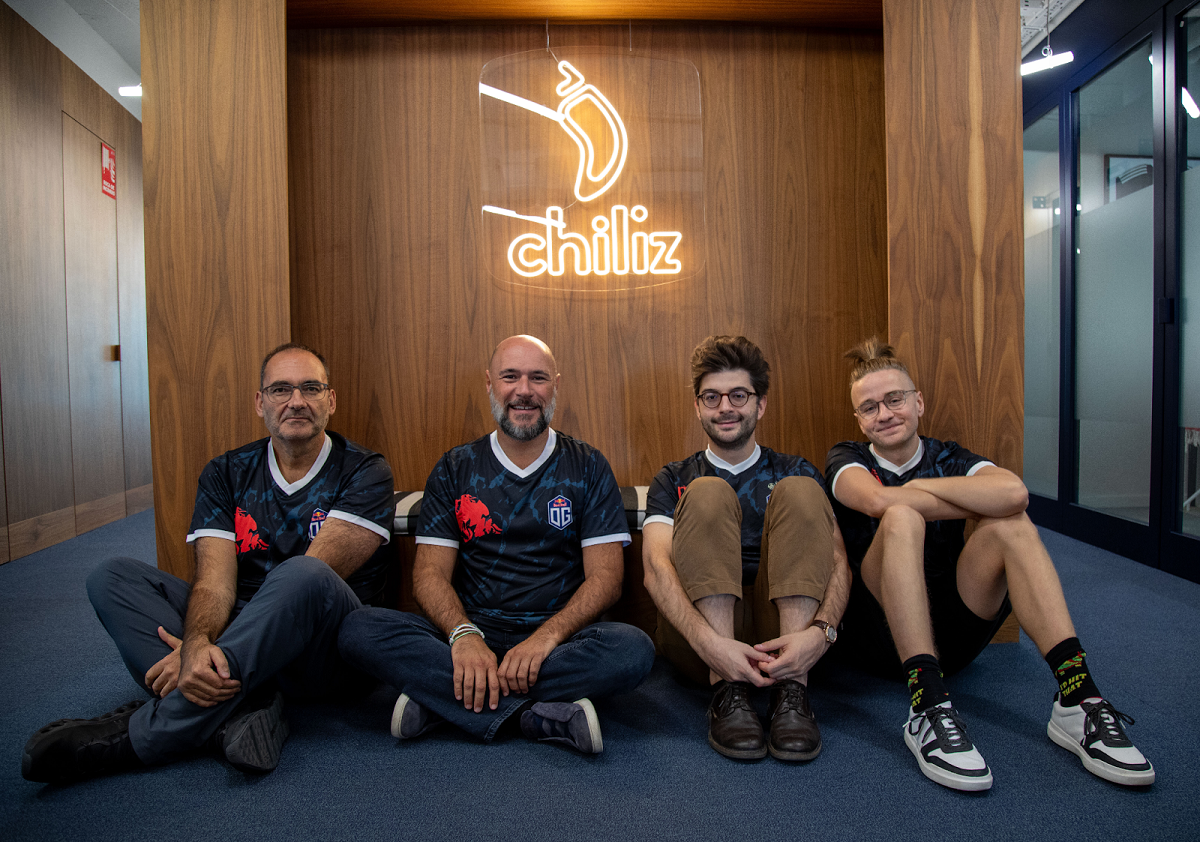Compliance Updates
Our UKGC consultation response: Failing to protect the vulnerable should not be the White Paper’s legacy
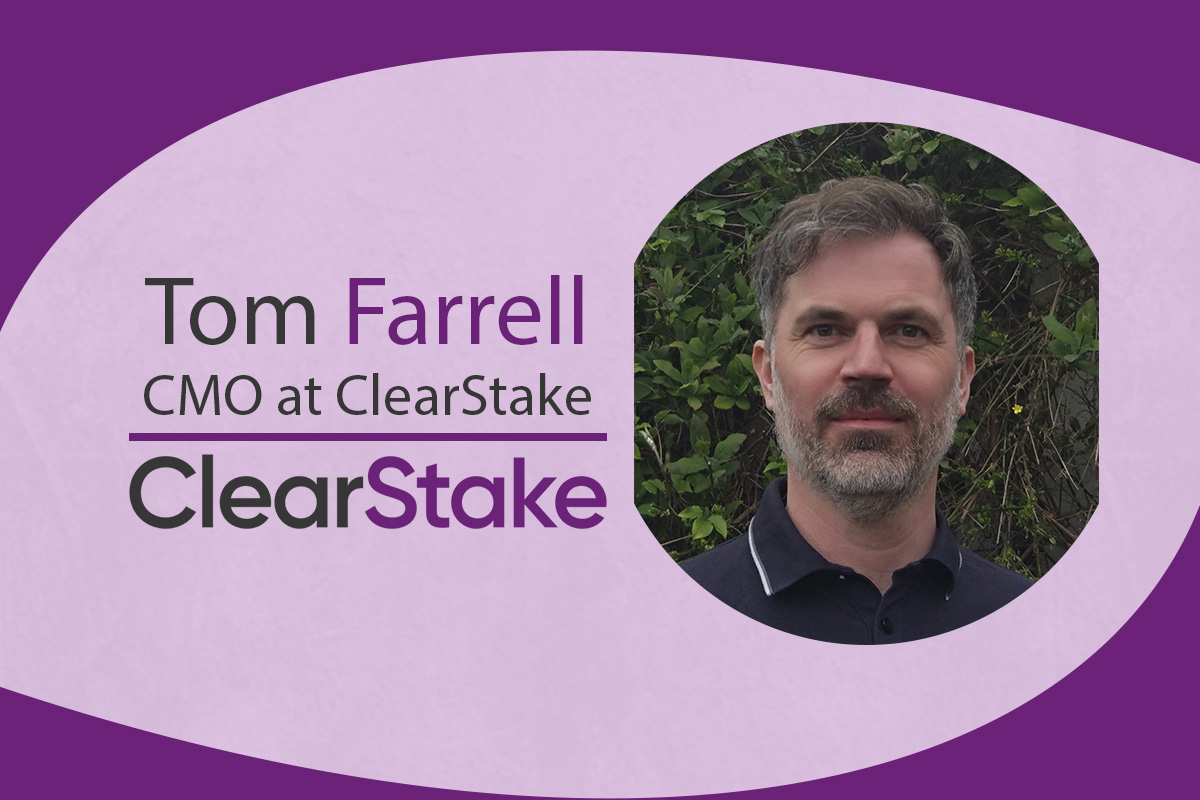
The dust has settled and the process is complete. The consultation on the proposed changes outlined in the UK Gambling White Paper is closed so now we just have to wait and see. Whilst we do so, we thought that in the spirit of transparency, we would share our own thoughts, more or less as they were communicated in our consultation response to the UK Gambling Commision.
Offering a real-time customer risk profiling tool, ClearStake’s focus was obviously on affordability checks. But then, much of the industry’s attention has been on this topic over the last few months. This is, to our mind, the single most important challenge facing the sector. Addressing it in the right way, a way that protects both punters and operators, will be the key to a sustainable, profitable future.
And with that goal uppermost in our mind, here is what we said:
1. Affordability checks must use real financial data
Certainly at the levels of spend proposed as meriting more thorough checks (£1,000 in a day or £2,000 over the space of three months), we don’t believe there is any real substitute for real financial data, by which we mean bank data. There is simply no other way of establishing whether a player can afford to lose this amount of money or not. Everything else – including data from credit reference agencies – is guesswork. We believe that the single greatest mistake that could be made during this process is not solving the problem of financial harm caused by gambling. That won’t be an issue if the government requires decisions to be made by operators in possession of a proper financial picture of their customers.
2. We can solve two problems at once
The consultation focused on affordability checks, but it would be almost perverse to ignore the wider reality at play here. Operators also have to perform anti money-laundering and source-of-funds (SOF) checks on their customers, and they do so by looking at bank statements. Given this is the case, it makes a lot of sense to us to effectively combine both these requirements within a single check.
3. At higher spend levels, it makes sense to keep customers connected
There has been a lot of talk about how frequently checks should take place, or to put that another way, whether it should be necessary to go back to a customer within six months or a year if they have already passed a check. To us, this rather misses the opportunity presented by Open Banking in particular. After the first check, assuming the player allows it, any checks in future can be entirely frictionless. The connection can remain in place and used when necessary (and only when necessary!) in order to make the ongoing compliance relationship as smooth as possible. We don’t expect ongoing connection to be mandated, but it should certainly be held up as best practice for all concerned.
4. Some of the proposed data points make little sense
When a solution that takes guesswork out of the equation is available, does it really make sense to suggest that postcodes and job titles are meaningful ways to determine an individual’s financial situation? We don’t think so. We believe that continuing to ‘lean in’ to data like this gives a misleading impression that it is good enough. It isn’t. Even as part of a broader decision-making process, it is very difficult to see where some of these data points fit in. You could say the same, of course, about missed loan repayments from three years ago.
5. The solution exists – why cobble together a new one?
Hovering behind the entire consultation process appears to be a not-quite-defined ‘solution’ to the affordability challenge. This is apparent in the various hints towards the use of CATO data (let’s just say it, even if the Commission aren’t willing to) and a hodge-podge of random data points in order to make affordability decisions, as part of a system that would have to be piloted in order to ensure a) it works and b) it doesn’t create data security issues.
Leaving aside the absurdity of asking us to judge the merits of an approach that hasn’t actually been defined, we would simply point out that in Open Banking, a solution to this challenge already exists. One that is already used by over 7 million people in the UK, by most UK operators to handle payments, and already used to handle affordability and SOF checks by forward-thinking operators. Why on earth are we re-inventing the wheel?
So there you have it. That’s what we told the consultation, albeit in language a little less colourful. I hope they listen.
-

 Asia6 days ago
Asia6 days agoDigital gaming disruption tackled in 1st AsPac Regulators’ Forum
-
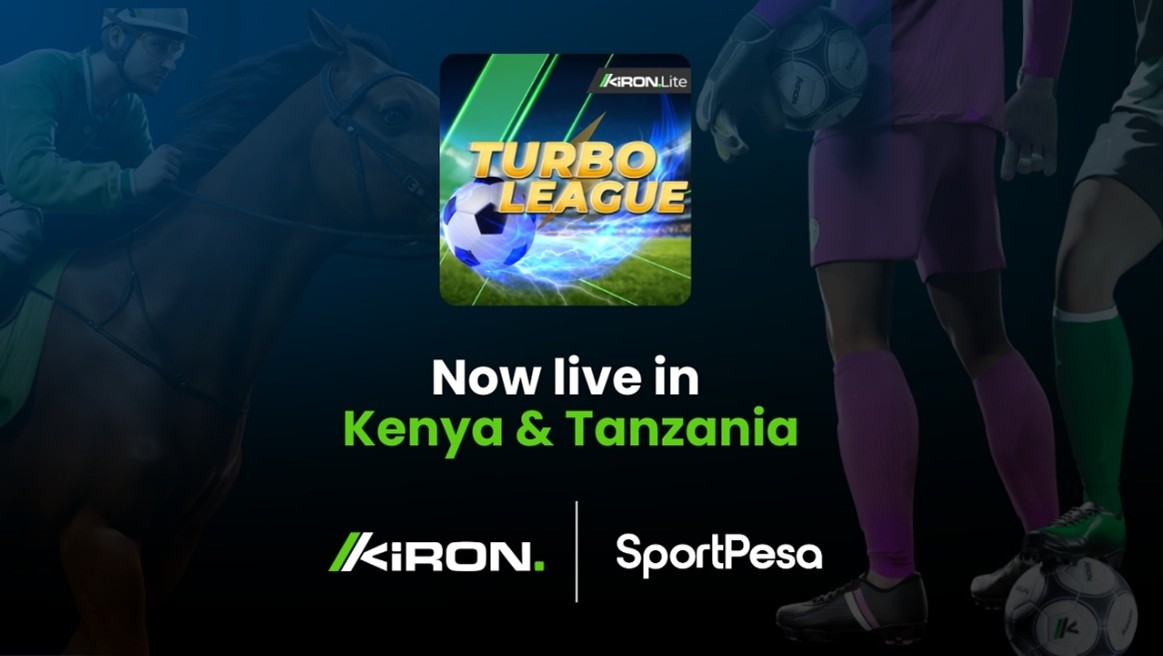
 Africa7 days ago
Africa7 days agoKiron announces the launch of its new virtual football title, Turbo League, with SportPesa in Kenya and Tanzania
-

 Aquisitions/Mergers7 days ago
Aquisitions/Mergers7 days agoNOVOMATIC successfully completes sale of ADMIRAL Austria to Tipico and focuses on international growth markets
-

 Compliance Updates7 days ago
Compliance Updates7 days agoSOFTSWISS Releases Gambling Regulation Directory for iGaming Operators
-
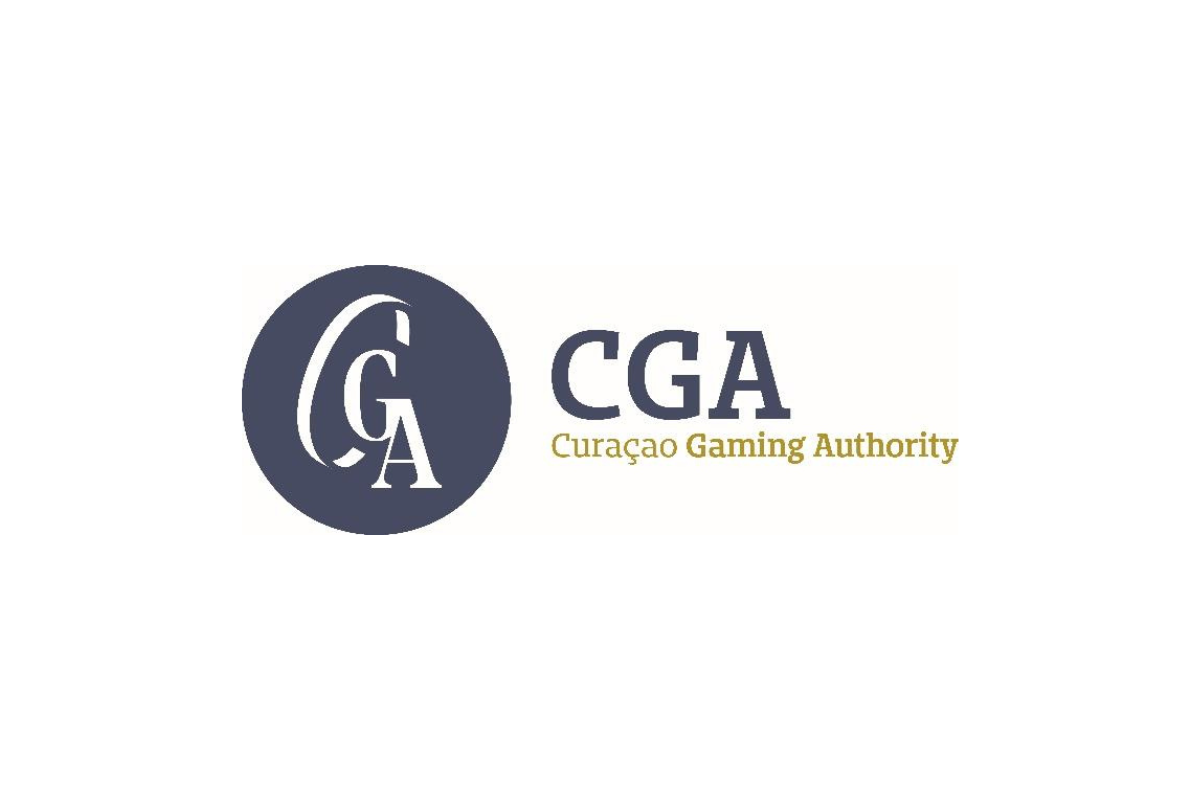
 Compliance Updates7 days ago
Compliance Updates7 days agoAlternative Dispute Resolution (ADR) Role and Certification
-

 Asia7 days ago
Asia7 days agoiRace Media extends partnership with The Hong Kong Jockey Club in Asia
-

 Central Europe7 days ago
Central Europe7 days agoSYNOT Games Delivers Bespoke Games Exclusively for SazkaHry.sk in the Slovak Market
-

 Latest News7 days ago
Latest News7 days agoDeepDive launches AI platform to strengthen Enhanced Due Diligence for gaming operators’ anti-money laundering efforts








